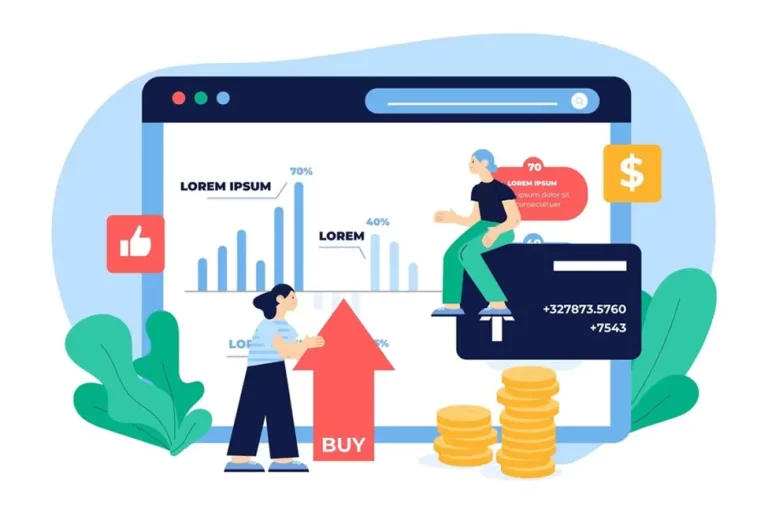What is a Market Maker in Crypto and How Do They Act?
Market making in crypto plays an important role by providing liquidity and facilitating efficient trading on various platforms. Entities and individuals that act as market makers bridge the gap between buyers and sellers, contributing to price stability and overall market efficiency. In doing so, market makers enhance the trading experience for users and support the growth and development of digital asset markets.
Who is market maker in crypto and how do they act on different types of crypto exchanges? Let’s find out the answers.
Crypto Exchange Market Maker
Centralized exchanges hire or partner with crypto market makers to always have a sufficient liquidity level for their traders and investors to work smoothly. A market maker is often a specialized company, a financial entity, or a high-frequency trader, actively participating in the market.
To start working, an entity applies to a market maker trading platform, for example, WhiteBIT or Binance, to become a market maker. When talking about centralized exchanges as we mentioned, the process takes some time. The platform needs to conduct thorough due diligence on a possible market maker to make sure they comply with regulations and work honestly.
The essence of their work is to continuously place buy/sell prices on assets and fulfill arising orders immediately. Market makers face the potential risk of cryptocurrency value drop while holding these assets before selling to a buyer. To reduce this risk, market makers generate profits by applying charges on the spread, which is the difference between the bid and offer prices for each trade.
How A Crypto Market Maker Deals on Decentralized Platforms
Market makers on decentralized platforms don’t typically undergo extensive due diligence. Instead, crypto market makers utilize algorithms and automated trading strategies facilitated by smart contracts. They contribute to liquidity pools rather than order books, as seen on centralized exchanges. In return, market makers often receive rewards in the form of fees or governance tokens.
Market makers choose among the following business models:
- Flat fee. Market makers earn a monthly or yearly fee that a protocol pays for their services. The protocol supplies the capital, including governance tokens and base assets.
- Performance fee. A market maker takes a percentage of profits generated with the funds provided by the protocol.
- Combined fee. A protocol pays both a fixed monthly and a performance fee.
Market makers in crypto play an important role in ensuring liquidity and facilitating efficient trading across various platforms. Their ability to continuously place buy/sell prices and fulfill orders swiftly is crucial, even though they face the potential risk of cryptocurrency value fluctuations.







